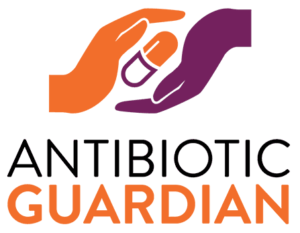
Antibiotic resistance is one of our biggest threats
It is already happening and is just as great an issue as climate change and world hunger. To slow resistance we need to cut overuse and misuse of antibiotics.
What YOU can do
1. Only use antibiotics when absolutely necessary
Antibiotics will NOT treat cold, flu, cough, sore throat, sinusitis, and middle ear infections – these are caused by viruses. Antibiotics kill bacteria.
Symptoms can be managed without antibiotics – read the NHS leaflet.
2. Always complete the full course as per instructions
Even if your symptoms have all gone and you feel fine. Failure to complete the course gives bacteria a chance to develop an immunity to that antibiotic. See the video below about antibiotic resistance.
3. Never share antibiotics
For instance, if you are given antibiotics when you don’t need them you run the risk of carrying antibiotic resistant bacteria in your gut. If these bacteria go on to cause an infection, antibiotics may not work when you really need them.
4. Always take unused medicines to a local pharmacy for disposal
Throwing antibiotic into landfill allows bacteria in that landfill an opportunity to develop an immunity.
5. Check pack information
Store antibiotics in suitable conditions (not too hot), and check expiry date before use.



